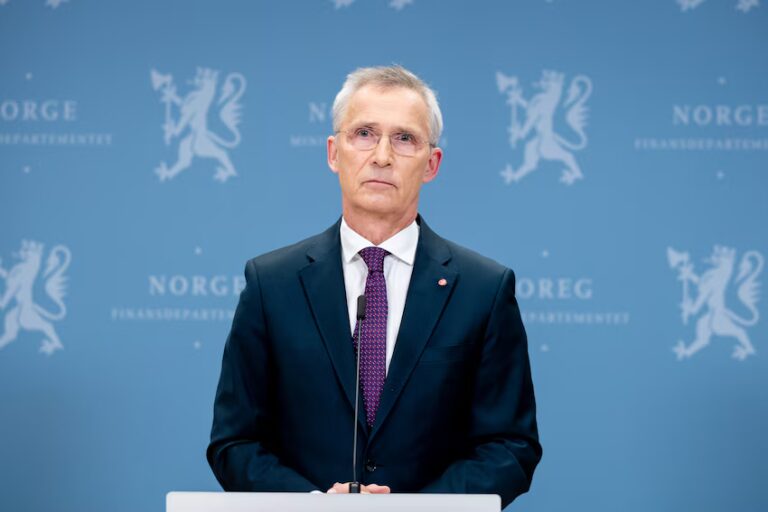Norway’s Oil Fund has sold its stakes in 11 Israeli companies, citing the ongoing conflict in Gaza and the fund’s ethical guidelines. The move follows heightened scrutiny over the fund’s investments and may be the first step toward further divestments.
Ethical guidelines behind Israeli divestment decision
The decision, announced by Norges Bank Investment Management and confirmed by Finance Minister Jens Stoltenberg, follows a meeting between Oil Fund CEO Nicolai Tangen and central bank governor Ida Wolden Bache. Tangen stated that the measure was taken in response to “a serious humanitarian crisis” and worsening conditions in both Gaza and the West Bank.
According to Stoltenberg, the fund must avoid owning shares in companies that contribute to warfare. This position is consistent with the Oil Fund’s ethical mandate, which prohibits investments in firms involved in violations of international law. One of the companies affected is Bet Shemesh Engines, which maintains combat aircraft for the Israeli military.

Public trust shaken by Bet Shemesh investment
The sale comes after Norwegian media revealed the fund’s 2024 holdings in Bet Shemesh Engines, sparking criticism from political figures and the public. Prime Minister Jonas Gahr Støre confirmed the company’s inclusion in the divestment list, while Stoltenberg acknowledged the issue had weakened public trust in the fund. He stressed the importance of restoring confidence “as quickly as possible.”
During a press conference, Tangen admitted the company should have been classified as a high-risk investment earlier. It was instead rated as medium risk in May, despite its involvement in maintaining aircraft used in Gaza airstrikes.
Global investment impact of Israeli divestment
At the end of June, the Oil Fund had investments in 61 Israeli companies valued at around NOK 22.7 billion (€1.93 billion). Stoltenberg has not ruled out further withdrawals, including from non-Israeli firms if they are found to contribute to the conflict.
The fund, one of the world’s largest sovereign wealth funds, manages assets worth approximately NOK 18,800 billion (€1.6 trillion) and plays a significant role in global financial markets. Its decisions on ethical investment are closely watched by international investors and human rights organisations.
Future divestment plans and ethical investment strategy
With both the humanitarian crisis in Gaza and public scrutiny of the fund’s investment ethics intensifying, further divestments remain likely. The case is also expected to influence Norway’s broader foreign investment strategy, potentially setting a precedent for other large institutional investors in Europe.






